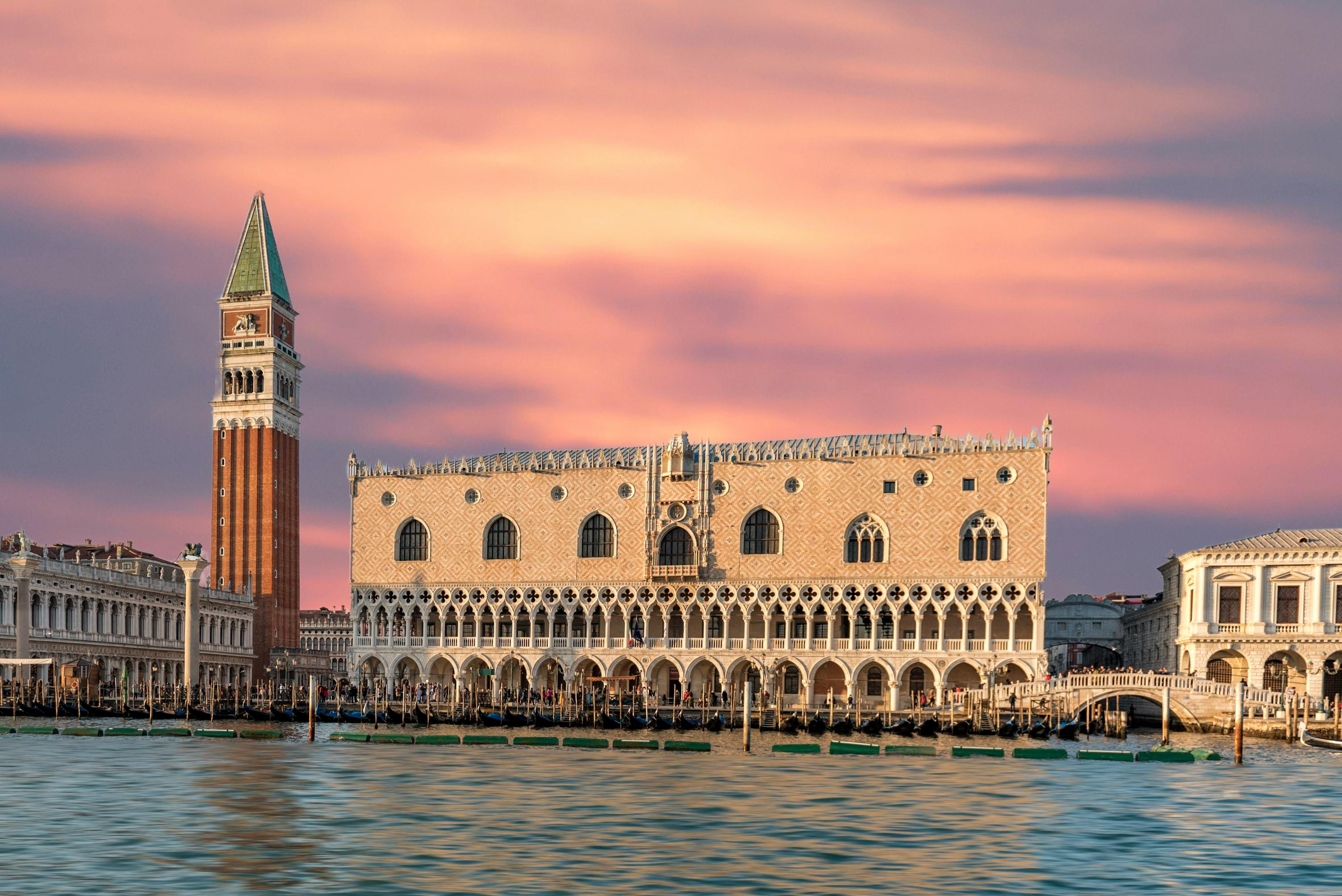Reviewing the First Four Letters of the Hebrew Alphabet
The first letter of the Hebrew Alphabet is the letter Aleph. An image of an ox head is what your Ancient Paleo Hebrew pictograph looks like. Strength, power, leader or the strength of the leader is what Aleph really means. In my previous articles, you have learned that each letter has a corresponding meaning.
The second letter of the alphabet is Beit. Beit means house or shop because its ancient pictograph is in the shape of a house. It also means a floor plan or a place where a family can dwell. All things that have to do with a house, a home or a family are connected with the letter Beit.
It may surprise you that the letter Beit is the first letter of the Bible even though it is the second letter of the Hebrew Alphabet. Beit begins in the book of Genesis. Naturally, you may wonder why Aleph, the first letter of the Hebrew alphabet, is not the first letter of the Bible. The reason behind this is that Aleph is a silent letter. It is like a breath or a spirit. So when you combine the silent letter that is Aleph before Genesis 1:1 together with the first letter of your alphabet that is Beit, what you have is the strength of the head of the house. Surprisingly, Aleph and Beit form the Hebrew word for father. So we have the image of our heavenly Father in just the first two letters of the alphabet of his language.
The third letter of the alphabet is Gimmel. You learned that Gimmel means camel. It can also mean exalt, pride or a generous rich. So the fourth letter is the letter Dalet. Its pictographic form looks like a door. Now, to us it wouldn’t look like a door, but in Ancient Israel, it’s the tabernacle curtain that hangs with a pole which was the most common door found in Ancient Israel if you were poor. It is an open door. In fact, when people go to a sukkot, the first thing all the men do is get together and build a sukkah. It’s a lot of camaraderie, and it’s fun. What we learn through the image of the sukka is that there are no sides, there are no doors, it is an open community, you are welcome and the top is also open because we are welcoming Ruach, the spirit of the living God. We want a vertical relationship and we want a horizontal relationship to fulfill the two main commandments of the Torah.
